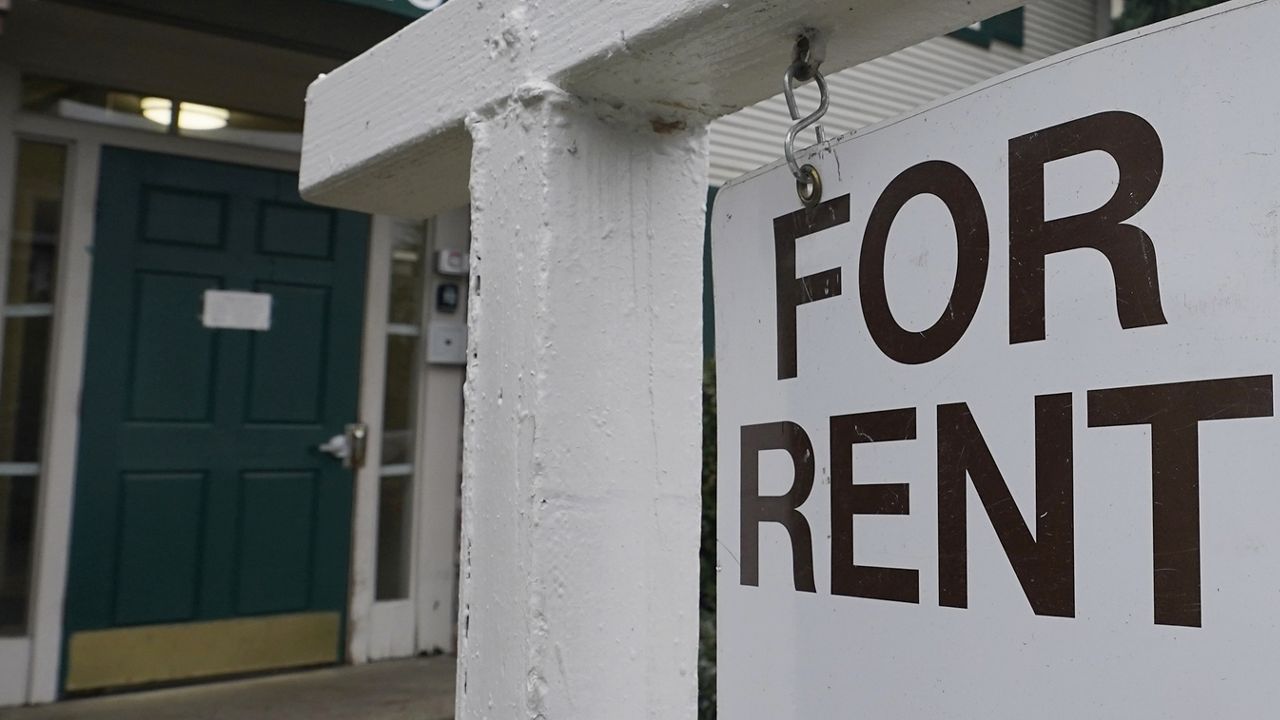LOS ANGELES — Nearly 5,000 tenant buyout agreements were filed with the city of Los Angeles in the last four years, with an average buyout amount being approximately $24,704, the City Controller's office reported Monday.
City Controller Kenneth Mejia released a new data map and analysis of tenant buyout agreements, also known as “Cash for Keys,” between 2019 and 2023. Amid an ongoing housing and homelessness crisis, the controller’s office created the map as another tool to provide transparency on tenant buyouts to better understand their impacts, officials said in a statement.
The controller’s office described tenant buyouts as a tactic that landlords use to “compel tenants” to move out of housing units that are protected under the Rent Stabilization ordinance, often so landlords can “re- rent” these units to new tenants at market rate prices.
Mejia added that in many cases buyouts are not enough for tenants to afford living in the city for the long term.
According to the controller’s report, in 2019 there were 1,209 tenants buyout agreements filed with the city, followed by 1,100 of those agreements filed in 2020, 878 agreements in 2021, 893 agreements in 2022 and 789 agreements in 2023.
In total, 4,869 tenant buyout agreements were filed between 2019 and 2023.
Within the four years, three City Council Districts accounted for the most number of buyouts — the 10th District with 997 reported tenant buyout agreements, the 13th District had 970, and the 1st District had 569.
The report also identified five neighborhoods in which the most number of tenant buyouts were filed, including Koreatown/Mid-Wilshire with 370; Echo Park with 250; Mid-Wilshire with 228; Koreatown/Pico-Union with 198; and West Adams with 163.
Out of the 4,869 tenant buyout agreements, 35 resulted in renters receiving more than $100,000 for their units; 244 resulted in renters receiving between $50,000 to $100,000 for their units; 679 resulted in renters receiving between $30,000 to $50,000 for their units; and 559 resulted in renters receiving between $25,000 to $30,000.
The remaining tenant buyout agreements resulted in renters receiving less than $25,000 for their units.
Daniel Yukelson, executive director and chief executive officer of the Apartment Association of Greater Los Angeles, in a statement to City News Service criticized Mejia’s findings.
“Today, due to excessive and overbearing layers of regulation, it is nearly impossible for owners to recover rental units through evictions even under the most extenuating circumstances such as non-payment of rent for protracted time periods, or even in matters where a tenant may be destroying property, acting as an extreme nuisance or conducting criminal activities at a property,” Yukelson said. “Often, an eviction and ultimately a sheriff’s lockout in the Los Angeles Area can take up to 8 months and cost upwards of $50,000.”
Yukelson explained that landlords, when faced with extenuating circumstances, use tenant buyout agreements as the most expedient tool for an owner to deal with a problem tenant.
“Very often, particularly when owners are dealing with lease violations such a nuisance or crime, they must act fast to maintain the peace and enjoyment of their property for other, lease-abiding renters,” Yukelson said. “The fact that Controller Mejia would complain about a ‘bad actor’ renter being allowed to walk with thousands of dollars despite violating their lease makes no sense whatsoever.”
Yukelson added that under less extreme circumstances, when an owner would like to remodel a unit that has been occupied for 20-30 years, a “buy- out” offers a renter a large sum of money that can help them relocate to a lower priced area.
He noted that these agreements are legal agreements that require a “meeting of the minds and mutual agreement.”
In Mejia’s report, it stated that tenants have a number of rights when presented with a “cash for keys” offer. Tenants are not required to accept or sign the buyout agreement, and they may consult with an attorney or call the Los Angeles Housing Department prior to accepting the landlord’s offer, according to the report.
These buyout agreements may be canceled up to 30 days after signing it without obligation or penalty, the report said. If the owner does not comply with certain requirements, the tenant has the right to cancel the buyout agreement for any reason at any time without obligation or penalty, according to Mejia.
If the owner does not comply with the certain requirements, the tenant may assert an affirmative defense to an unlawful detainer action and may have a private civil remedy against the owner, the report said.
The city of Los Angeles established its Tenant Buyout Notification Program in January 2017 and amended the city’s rent stabilization law to regulate tenant buyout agreements for rent-controlled units.
Before the Tenant Buyout Notification program, these buyout agreements, which the controller’s office described as “voluntary evictions,” were not covered by the rent stabilization law. The program requires landlords to provide a disclosure of tenant rights for these agreements, which allows tenants to refuse or rescind the offer, and provides a baseline of compensation.
The program also requires landlords to file tenant buyout agreements with the city.



